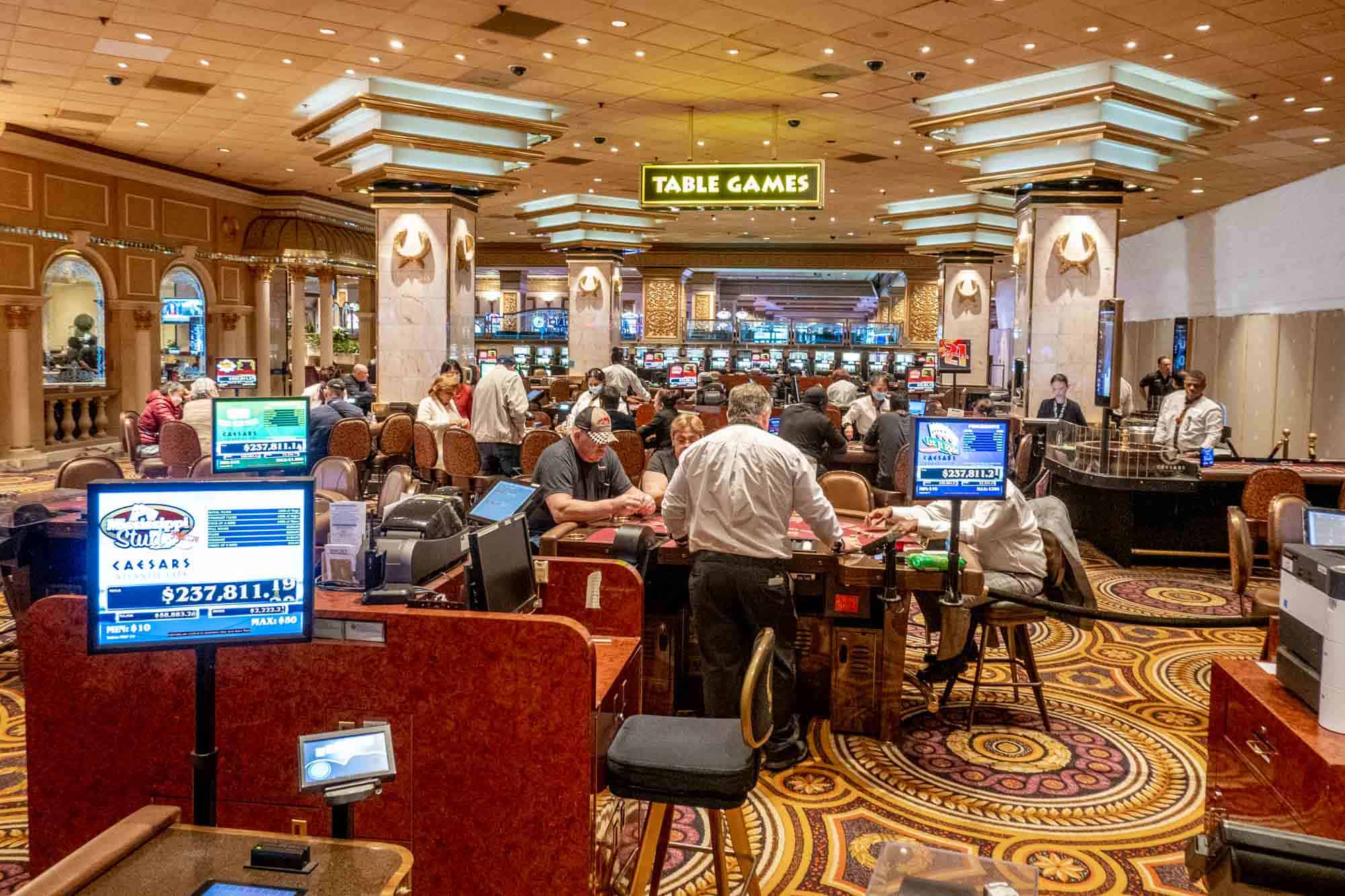
Casino games have long been a significant aspect of human culture, offering not just entertainment but a intriguing reflection of our hopes, ambitions, and concerns. From the spinning reels of a slot machine to the strategic gameplay of poker, these games embody a variety of human feelings and experiences. At their core, casino games are more than a chance to win money; they are a reflection of life itself, where risk and reward intertwine and fate can change in an eye blink.
As players assemble around tables or sit in front of brightly lit machines, they take part in a ritual that transcends mere playing. These games mirror our instinctive desires for social interaction, adventure, and the search for fortune. They also disclose deeper truths about human psychology, such as our relationship with fate and the adrenaline of uncertainty. In exploring casino games, we uncover not only the mechanics of play but also the complex weave of the human experience, showcasing our woven narratives of goal and reality. nhà cái uy tín
The Mind Behind Gambling
Gambling is deeply rooted in human psychology, tapping into various emotions and desires. The excitement of taking risks is a fundamental aspect that draws players in, whether the excitement of spinning a roulette wheel or the excitement of drawing a winning card in a poker game. This adrenaline is often compared to other forms of excitement, as the unpredictability of outcomes elicits a distinct psychological response. Gamblers often find themselves entranced by the chance of winning big, leading to an irresistible draw toward gambling games.
Another, an essential component of the psychology behind gambling is the concept of optimism and aspiration. Participants often indulge in fantasies of financial freedom and the opulent lifestyle that can follow winning. This optimism fuels their ongoing participation in casino games, as it provides a sense of purpose and the conviction that a life-changing win could be just one wager away. The narrative of beating the odds and finding success resonates with many, reinforcing their commitment to play and engage with these games.
Lastly, social dynamics play a significant role in gambling psychology. Gambling venues are designed to promote social interaction, where players gather to share the experience of wins and losses. This shared aspect not only enhances enjoyment but also influences behavior, as individuals often imitate the actions of others in their vicinity. The collective approval found in shared excitement can magnify the emotional experience, making casino games a mirror of not just personal desires but also collective engagement within the gaming community.
## The Dual Nature of Risk and Reward
Gambling activities embody the subtle balance between risk and gain that resonates profoundly with the human experience. The excitement of placing a wager is often accompanied by a surge of excitement, as gamblers are confronted with the prospect of winning big, yet fully aware of the potential to suffer losses. This dual experience reflects a fundamental aspect of life: the decisions we face often come with intrinsic risks, and the pursuit of reward can drive us to take chances we might not normally consider. In this way, gambling activities reflect real-world decisions, enticing players to risk not just their capital, but also their aspirations.
The allure of grand jackpots and payouts fuels a feeling of positivity, encouraging gamblers to imagine a brighter future that could emerge from a lucky spin of the wheel or turn of a card. This optimism can drive individuals to engage in more daring actions, pushing them to push their boundaries in search of economic benefit. However, just as in life, the results of these risks can lead to both triumph and despair. The narratives of both big winners and those who have lost everything at the tables demonstrate the unpredictable nature of luck and its impactful effect on our existence.
Ultimately, the experience of engaging with casino games serves as a potent reminder of the human condition. Every session played is filled with the tension of uncertainty, as players weigh the rewards against the dangers. This interaction not only highlights the thrill that comes with betting but also reveals the vulnerabilities that come with the urge for more. As we explore the challenges of decision-making and consequence in both the casino and in life, we find that the search for benefit shapes our character and experiences in deep ways.
Community and Solitude in Gambling Environment
Casino culture is a unique mix of communal engagement and individual pursuit, reflecting the contrasts of individual experience. Gamblers often gather around tables, experiencing in the thrill of the game, rejoicing in wins, and sympathizing over losses. This communal aspect is vital, as it creates a sense of belonging and camaraderie among diverse groups of individuals. Regular attendees to casinos may build friendships and develop routines, turning the casino into a second home where they experience linked to a greater community of players.
However, the appeal of casino activities can also result to loneliness. As individuals become engrossed in the excitement of playing, they may withdraw from personal connections or neglect to engage with the environment outside the casino. For some, the pursuit of a jackpot can distract from genuine connections, leading to isolation. The experience of being among others yet experiencing solitary is not uncommon, as the attention shifts from shared enjoyment to the private stakes of each player’s path.
This interaction of society and isolation creates a vivid tapestry that defines casino atmosphere. It highlights the complexity of human interactions, where happiness and sorrow exist together. Casinos serve as both a sanctuary for social engagement and a platform for individual challenges, demonstrating how deeply entwined our yearning for connection and the personal quest for fortune can be. In navigating this environment, gamblers confront their own narratives—seeking both the rush of the wager and the companionship of other players, eventually reflecting the wider spectrum of human experience.
